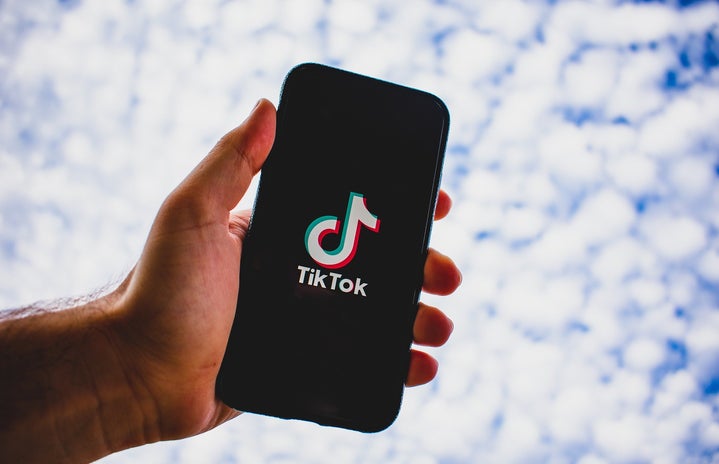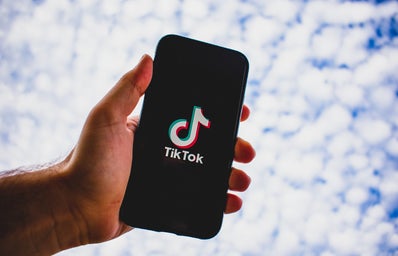Time and time again, TikTok has proven to be an environment where creators feel free to express themselves and create content on a more accessible platform for their viewers. When scrolling through TikTok, users may find anything from Pudgy the dog barking at them to Frankie Jonas, a former childhood star. Whatever comes up on your “For You Page” (FYP), is most likely unique to your account. The stream of videos is often independent from the FYP’s of the over one billion worldwide users who also access the social media platform. The mechanism that chooses which videos connect to which users depends on a system that recommends content through user interaction.

While it’s nice to view videos of things we’re comfortable with and enjoy, there are still concerns with this format. Some TikTok accounts have become highly politicized and discuss heavily debated topics such as gun control, abortion and elections. Some public officials have also taken to the application as a campaigning technique since it has become notorious for its younger demographic of users. Throughout this past election, we’ve seen candidates like newly elected Georgia senator Jon Ossoff and our Madame Vice President’s niece Meena Harris reaching millions of people through TikTok videos and campaigns.
Campaigning through TikTok and social media in general is a great way to reach a wide variety of people for politicians. It also makes them seem less like elected officials and more like the general populace. TikTok is especially effective since it has been set up as a social media platform featuring a more casual and conversational medium. Most often, videos are of people speaking straight to the camera and looking directly at whoever is on the other side of the screen. The creator now has the opportunity to create a friendly atmosphere and relationship with the user where they can build trust. This is where content creation becomes increasingly concerning, especially in the political sphere.

The next time you scroll through TikTok for an obscene amount of time (like most of us do), stop to consider what you’re viewing through the For You Page and if these things are helping you become a more knowledgeable citizen or only a more radicalized one.
Want to see more HCFSU? Be sure to like us on Facebook and follow us on Instagram, Twitter, TikTok, Youtube and Pinterest!



